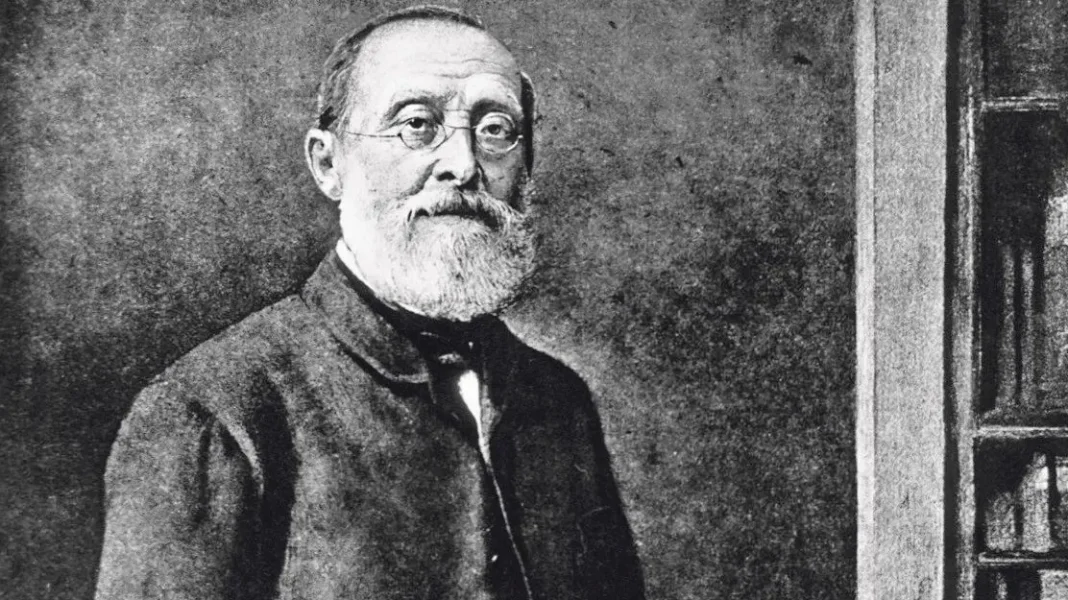Rudolf Virchow, a pioneering German scientist, played a significant role in advancing medical science in the 19th century. Known for naming leukemia and challenging racial theories, his contributions have had a lasting impact on both medicine and social science.
Understanding Leukemia: Virchow’s Pioneering Work

Rudolf Virchow was instrumental in coining the term “leukemia.” In the mid-19th century, while examining patients with symptoms of blood disorders, he observed an increased presence of white blood cells. He termed this condition “leukämie,” deriving it from the Greek words “leukos” (white) and “haima” (blood). This marked a significant advancement in medical diagnosis, offering a clearer understanding of blood-related diseases.
Virchow’s meticulous research laid the groundwork for future studies in hematology. By accurately identifying and naming leukemia, he opened doors for further investigation and treatment, ultimately transforming patient care. His work illustrated the importance of systematic scientific inquiry and set a precedent for future pathologists.
Challenging Racial Theories: Virchow’s Social Impact

Beyond his medical contributions, Virchow was a staunch opponent of prevailing racial theories of his time. He ardently fought against the pseudoscientific notion that race determined human characteristics and capabilities. Virchow argued that race was a social construct, emphasizing that environmental and cultural factors played more significant roles in shaping societies.
His efforts to debunk racial theories were not only groundbreaking but also courageous, as they ran counter to popular beliefs of the era. Virchow advocated for education and critical thinking, believing that scientific evidence should guide societal understanding rather than unfounded prejudices.
Virchow’s Influence on Public Health

Rudolf Virchow’s contributions extended into the realm of public health. He was a champion of social medicine, asserting that health care should address broader social issues. Virchow famously stated, “Medicine is a social science, and politics is nothing else but medicine on a large scale.” He believed that political action was necessary to tackle health disparities and improve living conditions.
His report on the typhus epidemic in Upper Silesia highlighted the connection between poverty and disease, advocating for better living conditions and access to health care. Virchow’s insights laid the groundwork for public health initiatives and the understanding that community welfare significantly impacts individual health.
Legacy and Continued Relevance

Today, Rudolf Virchow’s legacy endures in both medicine and social science. His principles of cell theory and pathology remain foundational to medical education. Furthermore, his challenges to racial theories and advocacy for social medicine continue to inspire modern movements for health equity and social justice.
Institutions worldwide honor Virchow’s memory through research and public health programs. His pioneering efforts remind us of the power of interdisciplinary approaches in resolving complex societal issues. As we continue to grapple with the interconnection of health, race, and society, Virchow’s work remains a guiding light.
Through his scientific rigor and humanitarian values, Rudolf Virchow left an indelible mark on the world. His work boldly crossed disciplines, altering the landscape of both medical science and social policy, and his teachings continue to be relevant today.





